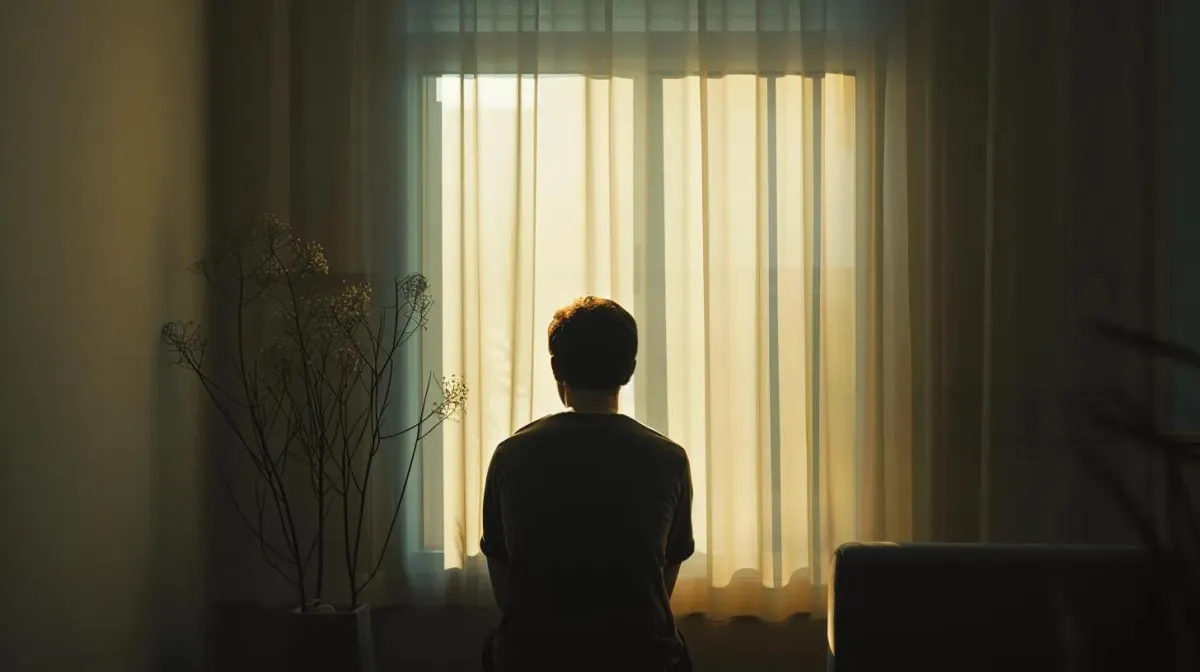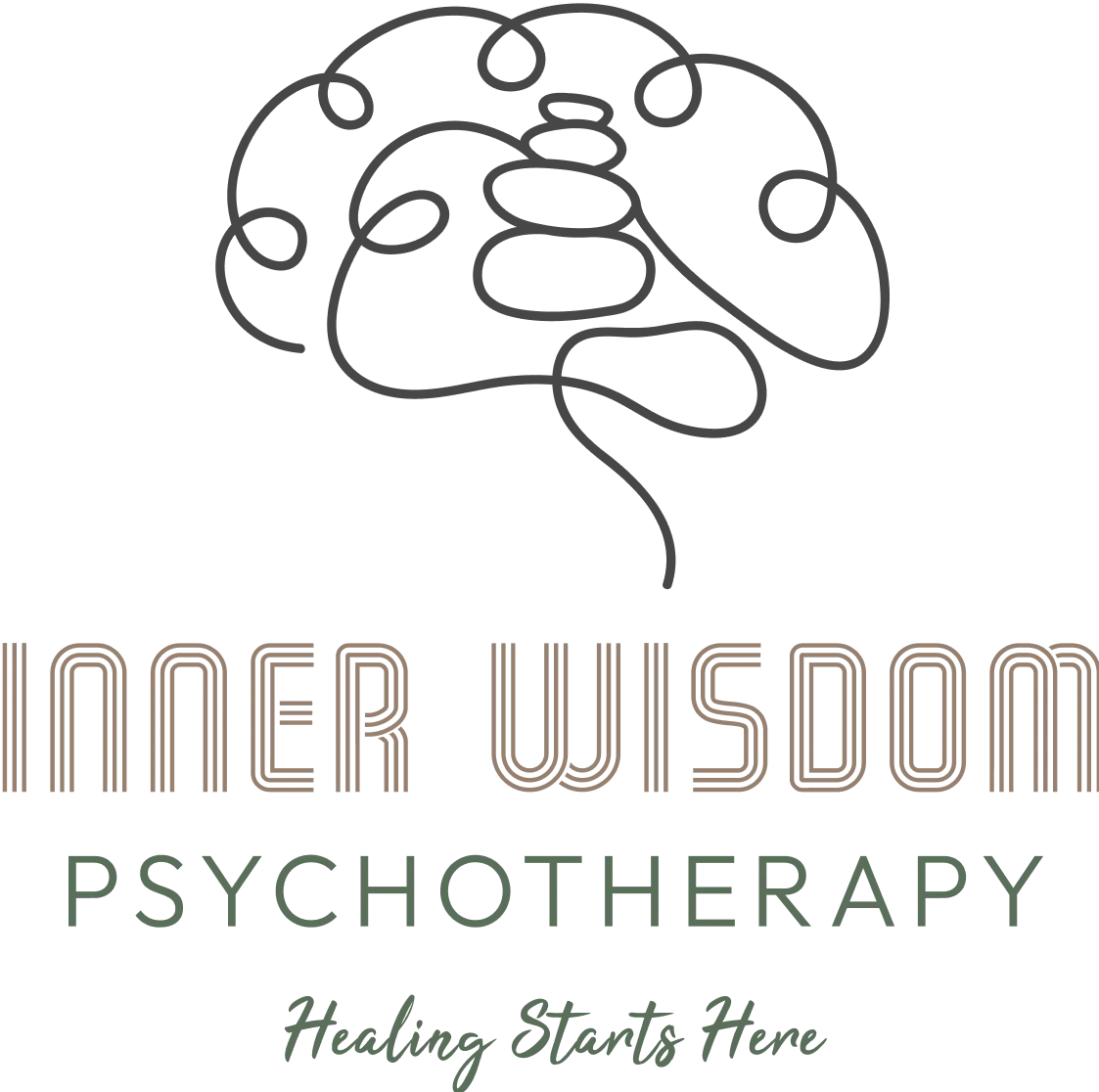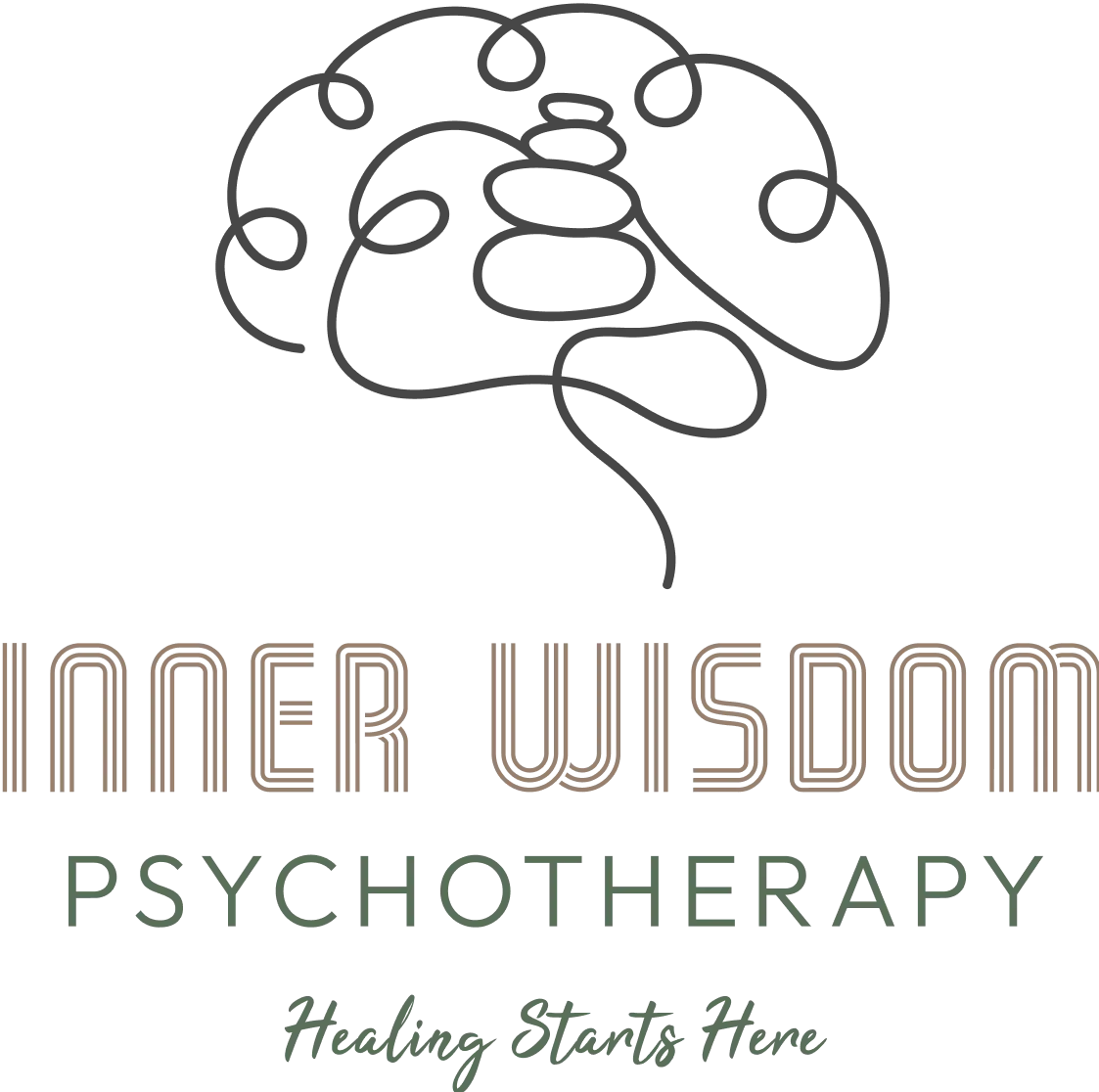
Unspoken Loss & Grief: Validating Hidden Pain Through Therapy
The Loss and Grief we do not Talk About
When I say the words loss and grief, what comes to mind? Maybe the death of a loved one. An ending of a marriage or the doom that is felt immediately following a family member’s new cancer diagnosis.
Loss and grief can also make us think about deep feelings of sadness, longing and awareness that our life is now forever changed from the loss we have experienced.
Unfortunately, many forms of loss and grief are not recognized or understood. Society, our workplace and even our well-meaning friends and family can dismiss our losses and the layers of grief that come with it. Every day we are subtly shown what is considered ‘normal’ loss and “normal’ grief. For example, with the death of a loved one, we automatically receive condolences, access services to help with a funeral, are provided with bereavement days from work and are encouraged to carry out the ritual of visiting the cemetery to remember the loved one.
But what happens when we experience loss that does not fit into this category? How do we understand and process the loss? How do we receive support for the grief? How can we honour and validate the loss through rituals and processes?
If you're in Ontario, Canada, and feel unseen or unsupported in your grief, know that there are services available to help you process these difficult emotions and experiences.
Losses that Also Need to be Recognized
1. Ongoing Losses after the Initial Loss
When we lose someone or something, future events can feel difficult because they signal additional losses. For example, if a family member dies, we continue to experience new loss and grief every time that family member is no longer a part of future celebrations, holiday festivities or important times in our life.
2. Grief from Non-Death Losses
These are losses occurring from changes such as declining health, fading friendships, loss of the childhood you never had, job loss, loss of housing, family breakdown and estrangement, loss of trust and safety from an abusive relationship and changes in identity (e.g., going from married to divorced or going from good health to disabled). Each one of these losses trigger unique grief experiences.
3. Missed Opportunities
With these losses, we mourn for opportunities or experiences that could have been. These are unfilled dreams we never got to achieve due to various reasons and life circumstances.
4. Anticipatory Grief
This is grief from an impending loss such being diagnosed with a progressive or terminal illness, children growing up and aging pets. Receiving abnormal lab results, seeing a decline in cognitive or physical functioning and seeing our children move off to school indicate upcoming loss in our current life.
5. Disenfranchised Grief
This unique grief stems from losses not recognized or understood by society. Because of this, individuals are often left to deal with the grief on their own. Common examples of disenfranchised grief include grief from a miscarriage, infertility challenges, loss of one’s culture through genocide, forced displacement from your home country due to war, death of an ex-partner, only being able to parent your children part-time after divorce and losing a loved one from a drug overdose.
6. Mainstream Practices of Processing Grief
Practices and rituals of loss are shaped by societal practices of grief. These practices tell us how we ‘should ‘grieve but often limit how we can grieve. They don’t take into account how we need to process and work through our grief and quite frankly they expect us to process grief quicker than what is possible. Often times, we are told to move on and focus on the future. We may not have enough bereavement days or approved time off to carry out spiritual or cultural practices that are important to us. We may feel pressure to get rid of our loved one’s belongings sooner than what we want to. We may even be told our grief is abnormal if we feel ongoing losses. If we try to grieve in a way that is different from mainstream practices of grief, we face being told we are doing grief wrong.
All Types of Loss and Grief are Valid
Loss affects us deeply and in ways we never expect. From loss we experience grief and grief can show up as various symptoms and experiences including fatigue, anxiety, guilt, fear, sleep disturbances, digestion problems, feelings of emptiness, confusion, anger, sadness, difficulty making decisions and loss of hope for the future.
Loss also challenges our worldviews and beliefs about life. If we were taught to think “I am safe” and “bad things do not happen to good people”, loss shows us a different reality and life no longer feels safe or predictable.
All loss and grief are valid and are deserving of support. When you have to hide your loss, stuff down your grief symptoms and manage this all on your own, that is when the impacts of loss can escalate and create complications in your life. You may feel depressed to the point you cannot take care of yourself, turn to substances to numb emotional pain or start to experience physical health problems such as insomnia or high blood pressure.
How Psychotherapy Helps with Loss and Grief
A psychotherapist provides a safe, confidential and validating space for you to talk about your loss and grief. You will be heard and your losses will be recognized. Therapy allows you to identify the layers of loss, process the impacts of the loss and develop coping strategies for grief symptoms so you can best care for yourself through these difficult moments.
With the types of loss and grief discussed above, therapy will also allow you to understand and make meaning about the loss. This can help you decide how the loss will fit into your life and how you want to continue to walk the path of grief and loss as life keeps moving forward.
If you live in Ontario, Canada, and need support navigating grief that isn’t always recognized by society, psychotherapy can be a transformative and healing process.
Lastly, therapy will ensure you are not alone with your loss and grief. For example, if you have a loved one with a terminal illness, therapy can help you decide how you want to make the most of the time remaining and continue to provide care to your loved one while simultaneously grieving their inevitable death. Likewise, you may need a supportive space to explore how to best help yourself as you see your loved one’s health decline and how to talk about terminal illness with children.
Conclusion
Grief is not always recognized, and the pain of unspoken loss can be just as intense as any other. Whether you’re navigating non-traditional grief, anticipatory loss, or unresolved sorrow, psychotherapy offers a space where your experiences are validated and honoured. At Inner Wisdom Psychotherapy, we believe in meeting you exactly where you are — with compassion, respect, and deep clinical expertise. You don’t have to carry this alone. Reach out today to book a complimentary consultation and begin your healing journey. Call us at (548) 290-7677, or email us at [email protected]
References:
1. Anwar, B. (August 23, 2022). Anticipatory grief: Signs, causes and coping tips. https://www.talkspace.com/blog/anticipatory-grief/
2. Cleveland Clinic. (Retrieved June 16, 2025). Grief.
https://my.clevelandclinic.org/health/diseases/24787-grief
3. Mayo Clinic. (Retrieved June 15, 2025). Complicated grief.
4. Raypole, C. (March 30, 2020). Disenfranchised grief: When no one seems to understand your loss. Disenfranchised Grief: 22 Examples, Signs, and Tips





